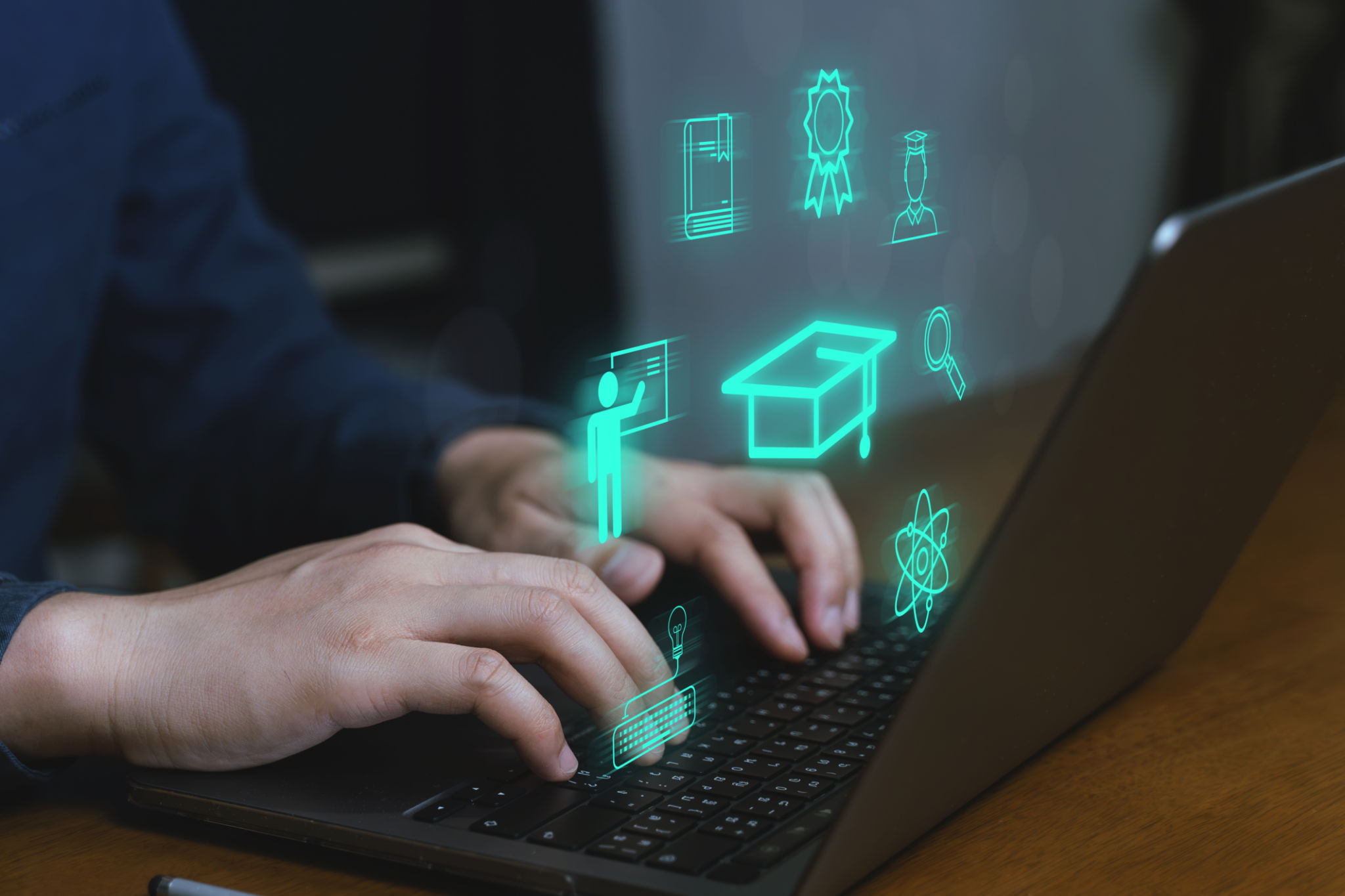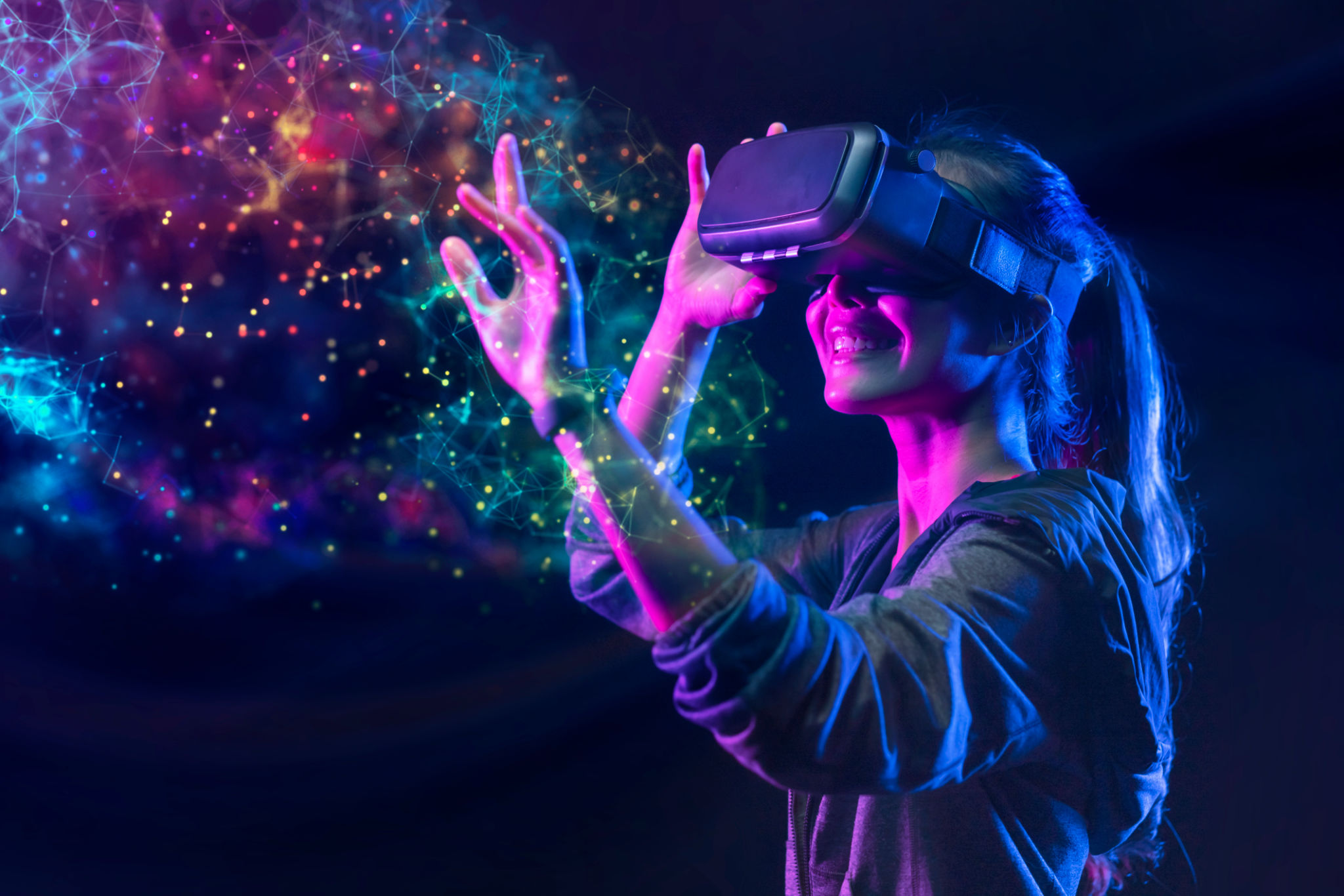Exploring the Future of Education: Trends and Innovations
The Rise of EdTech
The intersection between technology and education has never been more pronounced. With the rapid advancement of educational technology, or EdTech, students and educators alike are experiencing a revolution in the way learning is delivered and consumed. From online learning platforms to digital classrooms, technology is reshaping the educational landscape, making it more accessible, engaging, and personalized.
One of the most significant trends within EdTech is the use of **artificial intelligence**. AI-driven tools can assess individual student needs and adapt lessons accordingly, offering a customized learning experience. This not only enhances learning outcomes but also fosters a more inclusive environment for students with diverse learning styles.

Personalized Learning Experiences
Personalized learning is becoming a cornerstone of modern education. By leveraging data analytics and AI, educators can tailor educational content to fit the unique needs of each student. This approach allows learners to progress at their own pace, ensuring a deeper understanding of subjects.
Moreover, personalized learning supports student autonomy, encouraging them to take charge of their educational journey. With tools like adaptive learning software and personalized study plans, students can focus on areas requiring improvement while advancing in subjects they excel at.

Remote and Hybrid Learning Models
In recent years, remote and hybrid learning models have gained traction, driven by necessity and technological capability. These models provide flexibility, enabling students to learn from anywhere in the world. With various digital tools and platforms facilitating remote education, the traditional classroom setting is being redefined.
Hybrid models combine in-person and online education, offering the best of both worlds. Students benefit from face-to-face interactions while enjoying the convenience of digital resources. This approach not only widens access to education but also prepares students for a future that increasingly values digital fluency.

The Role of Gamification
Gamification in education is transforming how students engage with learning materials. By incorporating game-like elements—such as points, badges, and leaderboards—into educational content, educators can increase student motivation and participation. This method turns learning into an interactive and enjoyable experience.
Games also encourage problem-solving and critical thinking skills by presenting challenges that require strategic thinking. As a result, students are more likely to retain information and apply it effectively in real-world scenarios.
Virtual Reality and Augmented Reality
Virtual reality (VR) and augmented reality (AR) are making waves in education by providing immersive learning experiences. These technologies allow students to explore environments and scenarios that would be impossible or impractical in a traditional classroom setting.
For example, VR can transport students to historical sites or simulate complex scientific phenomena, while AR can overlay interactive content onto the physical world. These innovations enhance engagement and understanding by offering hands-on experiences that deepen comprehension.

The Future of Assessment
The future of educational assessment is moving beyond standardized testing. Innovative assessment methods are emerging, focusing on holistic student development rather than mere rote memorization. Digital portfolios, peer assessments, and project-based evaluations are just a few examples of how assessment is evolving.
These methods provide a more comprehensive view of a student's skills and capabilities, allowing educators to better support individual growth. Emphasizing critical thinking, creativity, and collaboration prepares students for the complex challenges of the modern world.

Conclusion: Embracing Change
As education continues to evolve, embracing these trends and innovations is crucial for preparing students for the future. By leveraging technology, personalizing learning experiences, and adopting new assessment methods, educators can create a more dynamic and effective educational landscape.
The future of education promises exciting possibilities, where learning becomes more accessible, engaging, and tailored to individual needs. As we continue to explore these innovations, it's essential to remain adaptable and open-minded to ensure that education meets the demands of an ever-changing world.